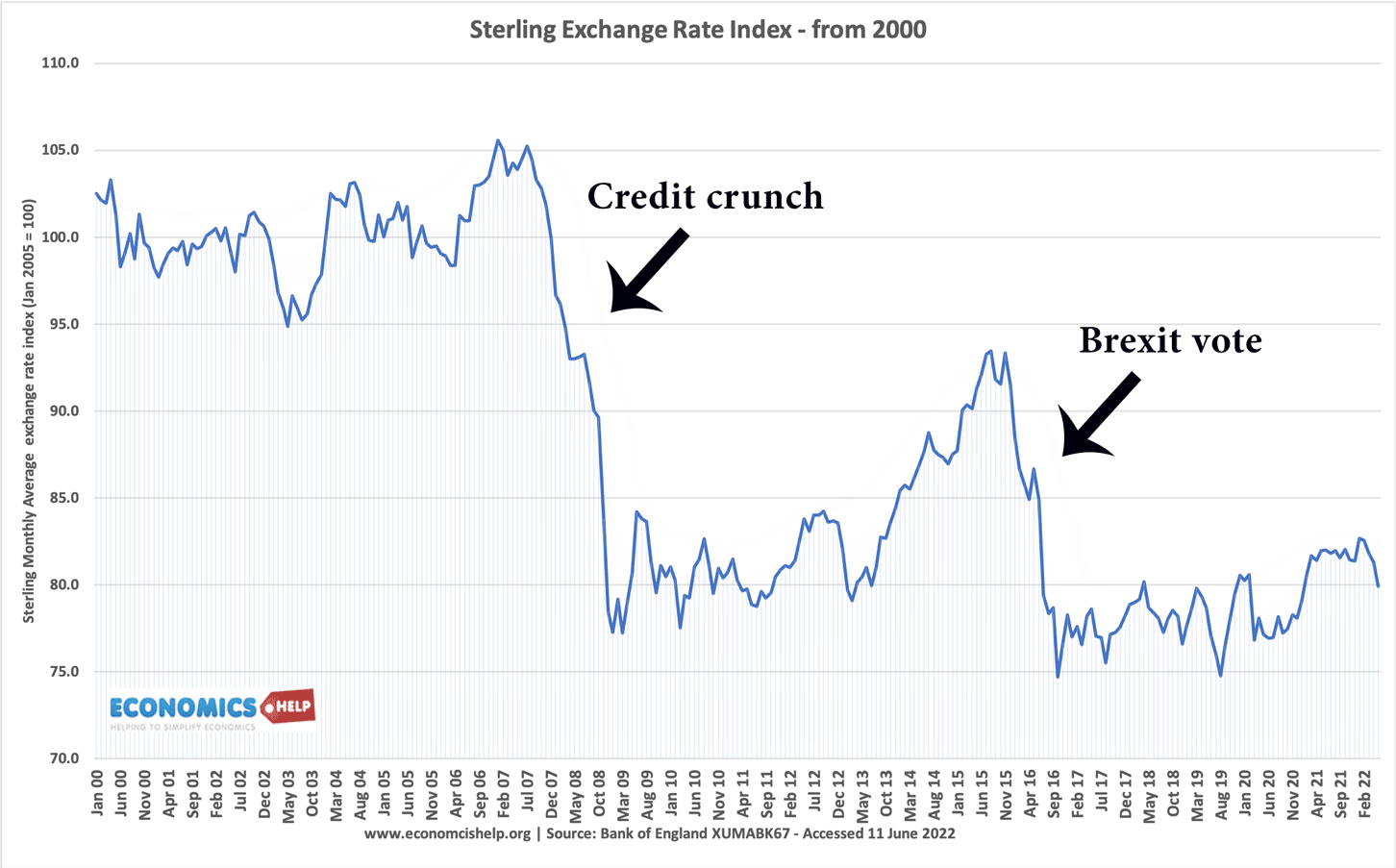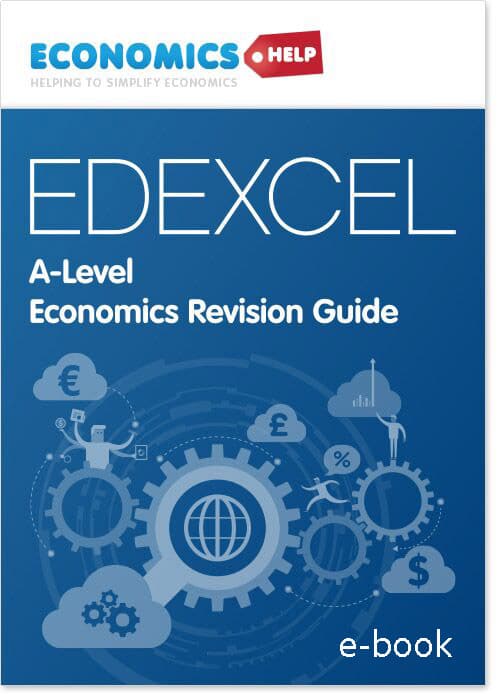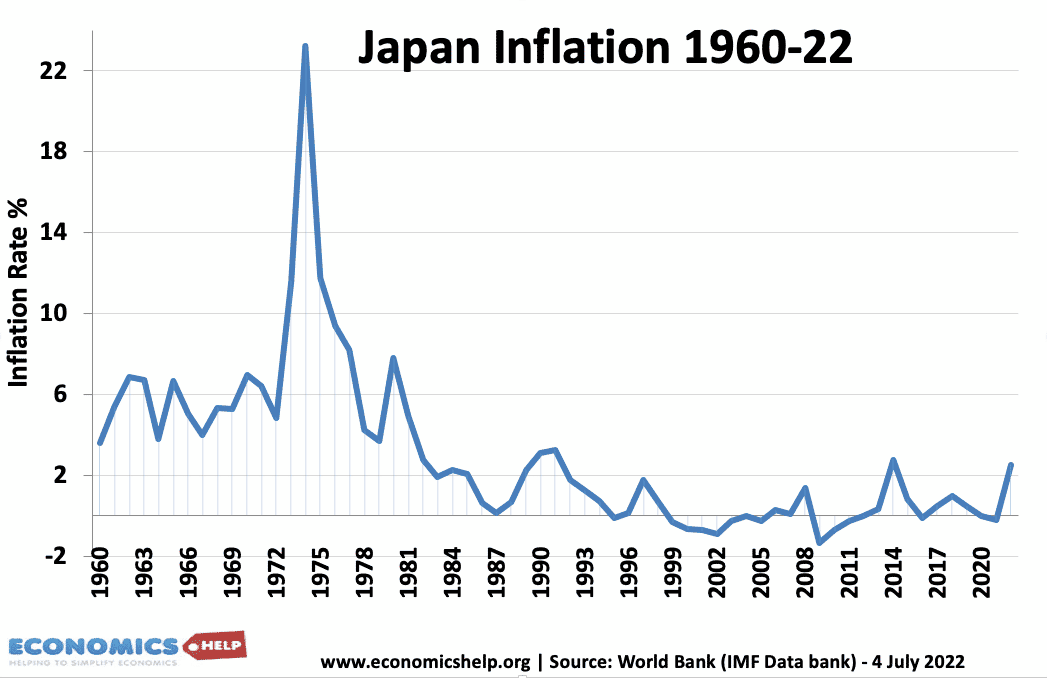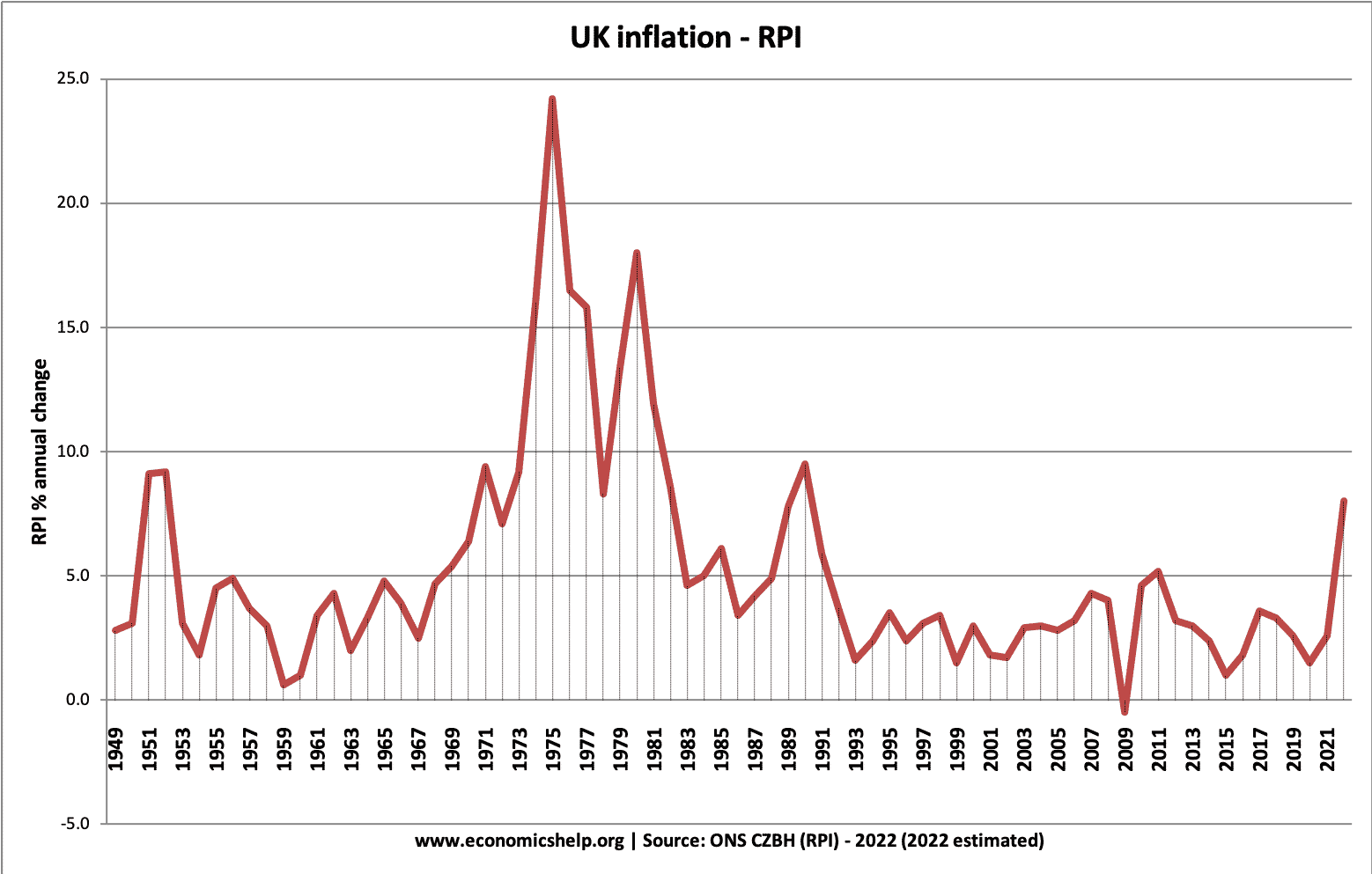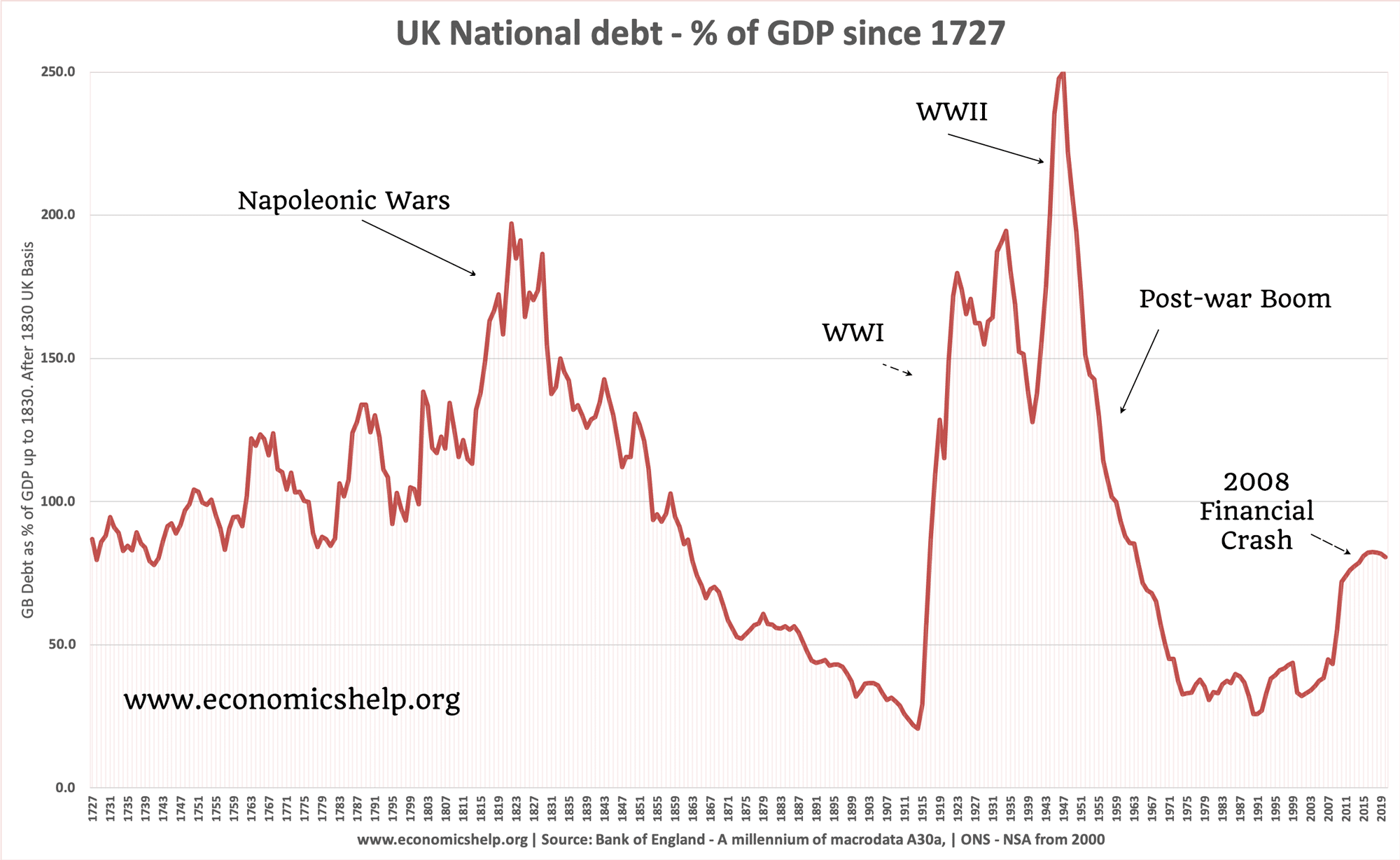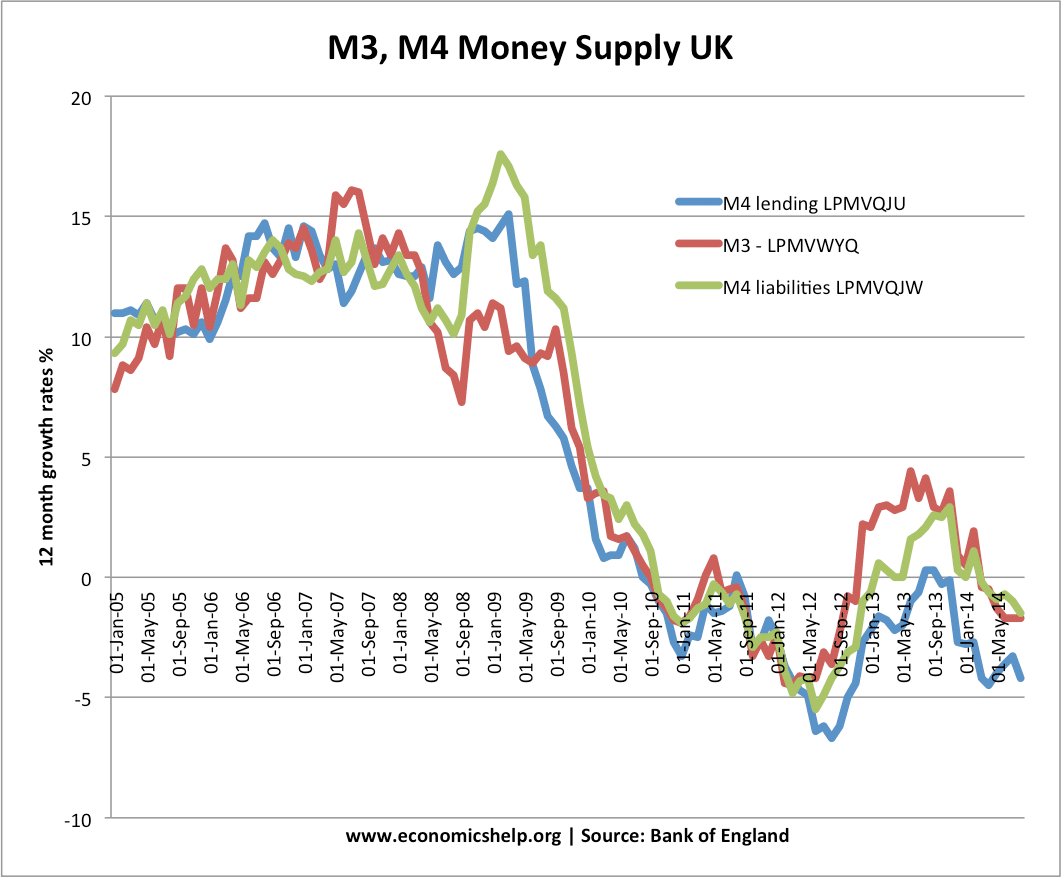Why would Pound Sterling fall after Brexit?
22 June 2016 If the UK vote to leave the EU, many predict the Pound will fall significantly. Investor George Soros predicted it could be a bigger fall than in 1992 ERM crisis. Soros claims the Pound could fall by up to 20% (BBC) There are different reasons why the Pound may fall. Uncertainty. Leaving …

